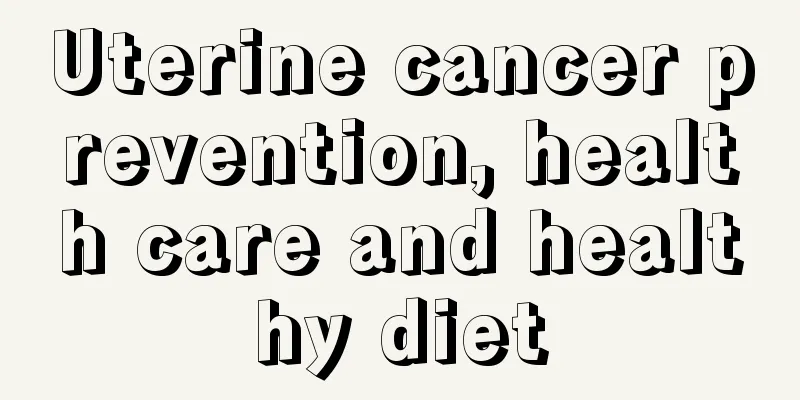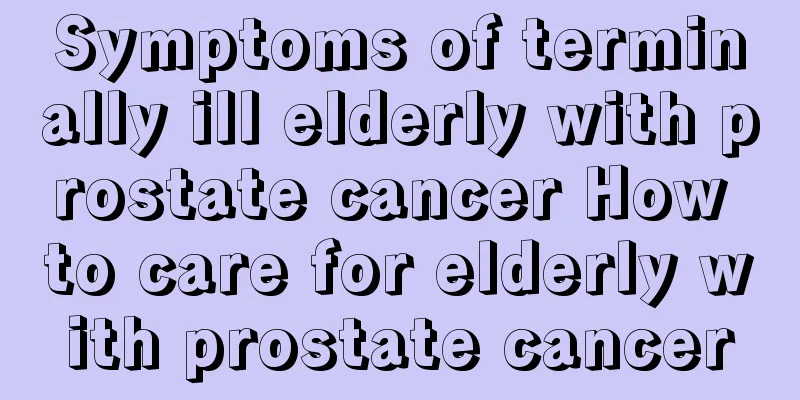Symptoms of chronic cholecystitis

|
Common symptoms of chronic cholecystitis are upper abdominal pain, a feeling of heaviness and discomfort, frequent belching and acid reflux, aversion to greasy food, nausea, and other symptoms and signs. Symptoms may also include dry stools and tenderness in the gallbladder area. 1. Symptoms The clinical manifestations of chronic cholecystitis are quite inconsistent, but pain in the gallbladder area is always the main symptom. The disease is a chronic, protracted process characterized by alternation between mild and severe symptoms and repeated attacks. (1) Dull pain, bloating, heaviness or discomfort in the right upper abdomen. (2) Symptoms of indigestion such as belching, acid reflux, abdominal distension, and burning sensation in the stomach. (3) Nausea, aversion to greasy food, or symptoms that worsen after eating high-fat foods. (4) Pain and discomfort in the right shoulder, right scapular area, or right back. This is reflex pain caused by inflammation of the gallbladder or adhesions with the surrounding area involving the right phrenic nerve or right intercostal nerve. (5) Some cases may present with biliary colic. It is mostly caused by spasmodic contraction of the gallbladder duct due to stimulation from smaller stones or purulent bile. Colic is often very severe and is often difficult to stop with drugs such as atropine. When colic occurs, the patient will curl up with his arms around his abdomen or toss and turn restlessly, often holding his breath or being unwilling to speak in an attempt to relieve the pain. Colic can last for several minutes or hours and may be accompanied by nausea and vomiting. It is often relieved after vomiting, or it may stop suddenly and not recur. Some people stop after repeating it several times. (6) The stool may be dry, loose, or sticky and uncomfortable. 2. Physical signs ① Tenderness and percussion pain in the gallbladder area, but no rebound pain. ② There may be a low fever, but most people have normal body temperature. ③Tenderness at the gallbladder point, liver point, and gallbladder point. ④Tenderness point of right phrenic nerve. Between the lower crus of the sternocleidomastoid muscle on the right side of the neck. ⑤ When bile stasis occurs, an enlarged gallbladder can be felt. ⑥ Viral and parasitic cholecystitis may cause hepatosplenomegaly. ⑦ Jaundice occasionally occurs, which is more common in Clonorchiasis sinensis cholecystitis. |
<<: What should I do if an elderly person develops bedsores due to long-term bed rest?
>>: What causes urinary stones?
Recommend
What is the normal blood sugar level for a person? This is the most accurate way to measure blood sugar
Medical research has found that under correct cir...
Why do my legs twitch and shake when I fall asleep
When we are asleep, we may occasionally feel our ...
How long does it take for nerves to recover
There are many neurological diseases, which are o...
What to do if papillary thyroid carcinoma metastasizes? How to treat papillary thyroid carcinoma metastasis
What should we do if papillary thyroid cancer met...
What are the nursing measures and diagnosis of laryngeal cancer
Nursing measures for laryngeal cancer mainly incl...
What is the best way to treat fibroids
What is the best way to treat fibroids? With the ...
What should I do if I have bloating due to appendicitis? These methods can alleviate
Bloating means that there is too much gas in our ...
The incidence of breast cancer increases with age
Estrogen in women before and after menopause is a...
Can beef be eaten with mung beans?
In summer, my favorite thing is the homemade mung...
Diet after liver cancer surgery
Liver malignant tumors can be divided into primar...
What is the reason for the stomach to feel full
The stomach is a very delicate organ in the human...
What's the matter with the misty water in the cupping jar
Cupping can effectively remove moisture from the ...
What are the medicinal values of donkey-hide gelatin
The history of donkey-hide gelatin consumption in...
What to do about edema caused by heart failure
Heart failure may cause edema, mainly because kid...
What are the early signs of a brain tumor?
Brain tumors can cause many inconveniences in the...









